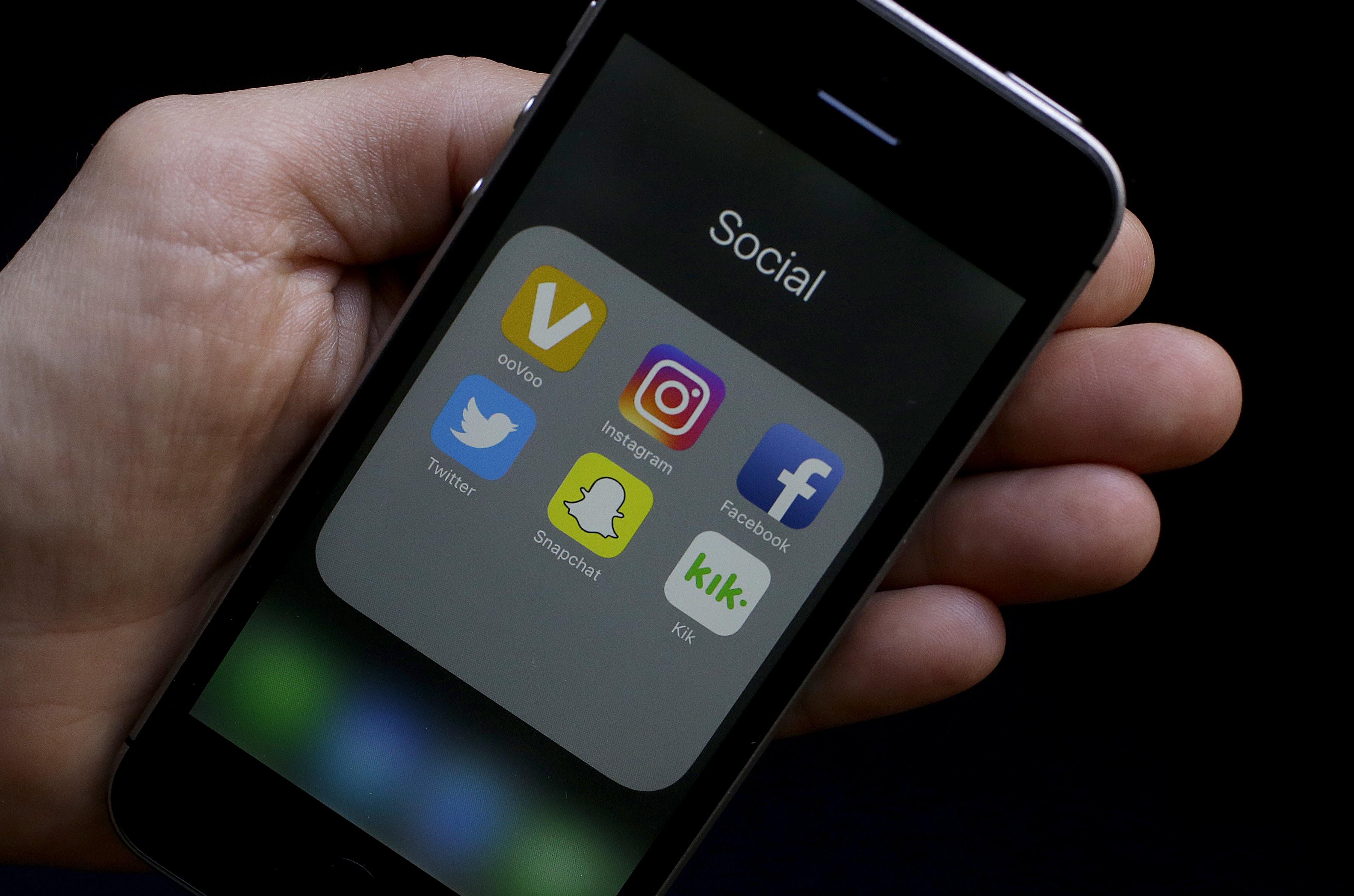The research included 19 young people (mean age 15.5, nine males) diagnosed with net or phone addiction and 19 gender- and age-matched healthy controls. Twelve of the addicted guys received nine weeks of cognitive behavioral therapy, modified from a cognitive therapy programme for gaming addiction, as fraction of the study. Researchers used standardized net and phone addiction tests to measure the severity of net addiction. Questions focused on the extent to that net and phone Utilize affects every day routines, social life, productivity, sleeping patterns and feelings. The perfect break news is GABA to Glx ratios in the addicted guys safely reliefed or normalized after cognitive behavioral therapy.
Smartphone addiction could lead to chemical imbalance in brain: Study
Smartphone and net addiction could cause a chemical imbalance in the brain, especially in young people, according to new research launched this 7 days at the Radiological community of North America. The research evaluated 19 young people with an rate age of 15, who were diagnosed with an net or phone addiction, compared to 19 healthy-controls. The addicted guys too announced higher instances of depression, anxiety, insomnia severity and impulsiveness, in comparison with the "healthy" controls. As fraction of the study, the addicted guys were enrolled in cognitive behavioral therapy, that showed positive signs of normalizing the chemical imbalance, the investigators said. The research was led with Dr. Hyung Suk Seo, a professor of neuroradiology at Korea University in Seoul.
Post a Comment